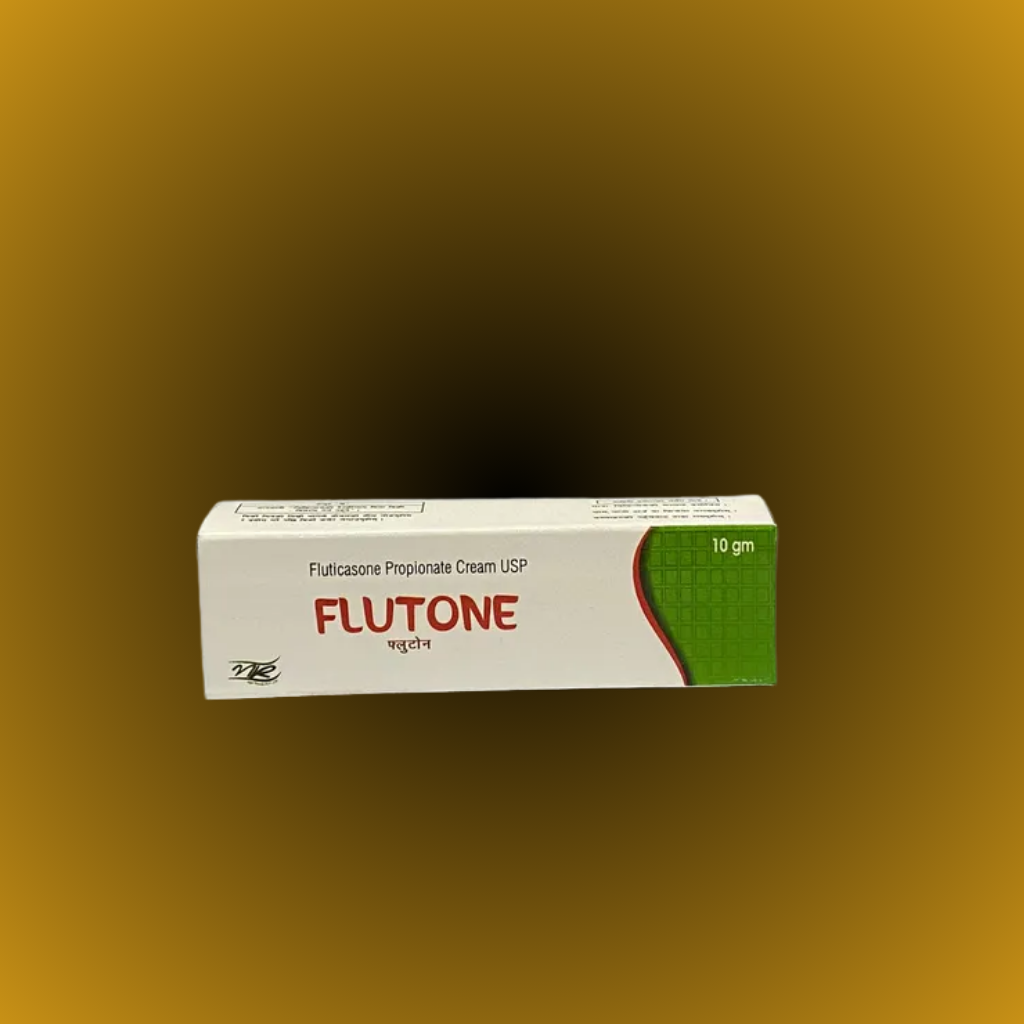Cinolone Cream 10Gm
Cinolone Cream is a topical medication primarily used to relieve inflammatory and pruritic (itchy) manifestations of various skin conditions. The active ingredient in many Cinolone creams is Triamcinolone Acetonide, which is a synthetic corticosteroid. Some formulations, like “Cinolone-N”, also contain Neomycin Sulphate, an antibiotic, for treating infected dermatological conditions. Another variation, “Cinolone-M”, includes Miconazole Nitrate, an antifungal, along with Triamcinolone Acetonide to address fungal skin infections.
₨65.00
Ask about productDescription
Cinolone Cream is a topical medication primarily used to relieve inflammatory and pruritic (itchy) manifestations of various skin conditions. The active ingredient in many Cinolone creams is Triamcinolone Acetonide, which is a synthetic corticosteroid. Some formulations, like “Cinolone-N”, also contain Neomycin Sulphate, an antibiotic, for treating infected dermatological conditions. Another variation, “Cinolone-M”, includes Miconazole Nitrate, an antifungal, along with Triamcinolone Acetonide to address fungal skin infections.
Uses:
Cinolone Cream is generally prescribed for:
- Eczema
- Dermatitis (various forms, including atopic, contact, and seborrheic dermatitis)
- Psoriasis
- Allergic reactions causing skin inflammation
- Rashes
- Infections exudative eczema (when combined with an antibiotic like Neomycin)
- Fungal skin infections (when combined with an antifungal like Miconazole)
- Conditions producing pruritus (itching) and exudative purulent (weeping and pus-filled) diseases.
How it works:
- Triamcinolone Acetonide (the corticosteroid) works by reducing inflammation and suppressing the immune response in the skin. It binds to glucocorticoid receptors in skin cells, decreasing the production of inflammatory substances and alleviating symptoms like itching, redness, and swelling.
- Neomycin Sulphate (antibiotic) is effective against a wide range of bacteria.
- Miconazole Nitrate (antifungal) stops the growth of fungi by preventing them from forming their protective covering.
Dosage and Administration:
- Apply a thin layer of the cream to the affected area, usually twice or three times daily, or as directed by your doctor.
- Rub it in gently.
- The duration of treatment should not exceed 8 days for some formulations (like Cinolone-N), and generally, long-term use should be avoided.
- Do not bandage or otherwise wrap the treated skin unless specifically directed by your doctor.
- For children, usage should be limited to the least amount compatible with an effective therapeutic regimen, and they should not normally be treated for longer than 5 days due to increased susceptibility to systemic toxicity.
Side Effects:
Common side effects may include:
- Burning, itching, dryness, or other irritation of the treated skin
- Redness or crusting around hair follicles
- Redness or itching around the mouth
- Allergic skin reactions
- Stretch marks
- Acne or worsening of pimples
- Increased body hair growth
- Thinning skin or discoloration (hypopigmentation)
- Softening of the skin
- White or “pruned” appearance of the skin (with occlusive dressings)
Serious side effects are less common with short-term topical use, but prolonged or excessive use, or application to large surface areas, can lead to systemic absorption and more serious side effects, such as:
- Adrenal gland problems (Cushing’s syndrome)
- High blood sugar
- Blurred vision, eye pain
- Mood changes, anxiety, restlessness
- Muscle weakness
- New or worsening skin infections
Warnings and Precautions:
- Consult a doctor: Always use Cinolone Cream under the guidance of a healthcare professional.
- Not for all skin conditions: It is contraindicated in skin tuberculosis, fungal infections (unless combined with an antifungal), viral diseases of the skin (e.g., Herpes simplex, chickenpox), perioral dermatitis, rosacea, and ulcerative conditions.
- Hypersensitivity: Do not use if you are allergic to any of the ingredients.
- Long-term use: Avoid prolonged use, especially on the face, in skin folds, or on large areas, as this increases the risk of side effects like skin thinning.
- Children: Use with caution in children and infants due to their increased absorption and susceptibility to systemic side effects. Chronic corticosteroid therapy can interfere with growth and development in children.
- Pregnancy and Breastfeeding: Use during pregnancy or breastfeeding only if the potential benefits outweigh the potential risks, and after consulting a doctor.
- Open wounds/Infections: Avoid applying to open wounds, broken skin, or areas with active infections unless specifically directed by a healthcare professional and with appropriate anti-infective therapy.
- Eyes: Avoid contact with eyes.
This information is for general knowledge and informational purposes only, and does not constitute medical advice. Always consult with a qualified healthcare professional for any health concerns or before making any decisions related to your health or treatment.
Additional information
| form | Cream |
|---|








Reviews
There are no reviews yet.